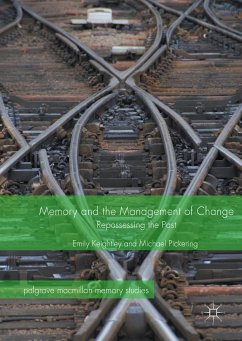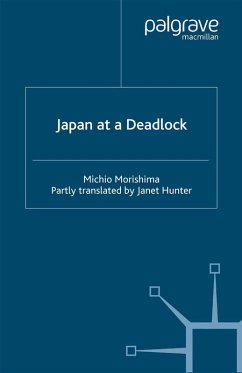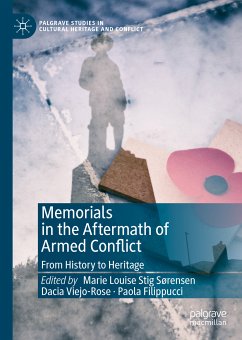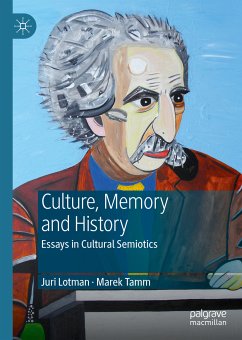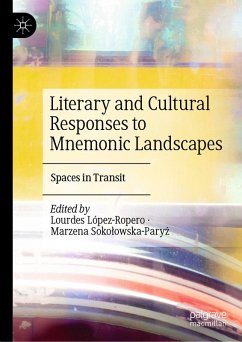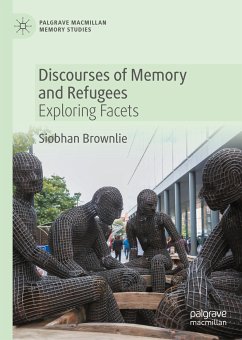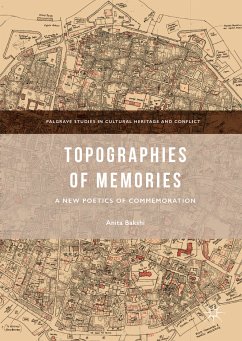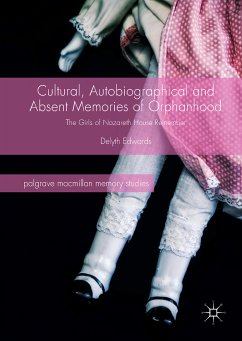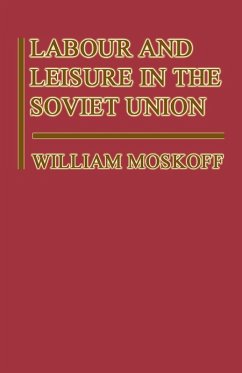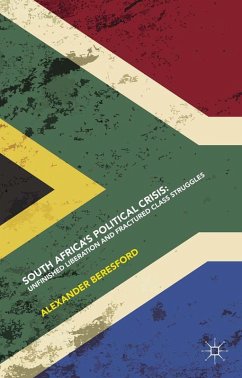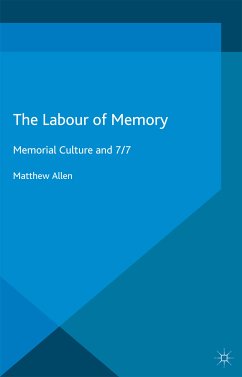
The Labour of Memory (eBook, PDF)
Memorial Culture and 7/7
Versandkostenfrei!
Sofort per Download lieferbar
40,95 €
inkl. MwSt.
Weitere Ausgaben:

PAYBACK Punkte
20 °P sammeln!
This book presents a study of remembrance practices emerging after the 2005 London bombings. Matthew Allen explores a range of cases that not only illustrate the effects of the organisation of remembrance on its participants, but reveal how people engaged in memorial culture to address difficult and unbearable conditions in the wake of 7/7.
Dieser Download kann aus rechtlichen Gründen nur mit Rechnungsadresse in A, B, BG, CY, CZ, D, DK, EW, E, FIN, F, GR, HR, H, IRL, I, LT, L, LR, M, NL, PL, P, R, S, SLO, SK ausgeliefert werden.



